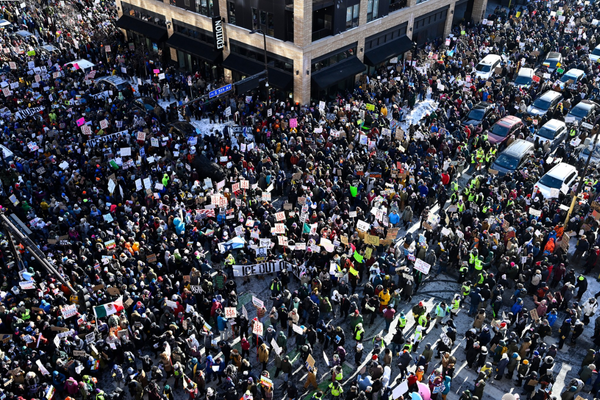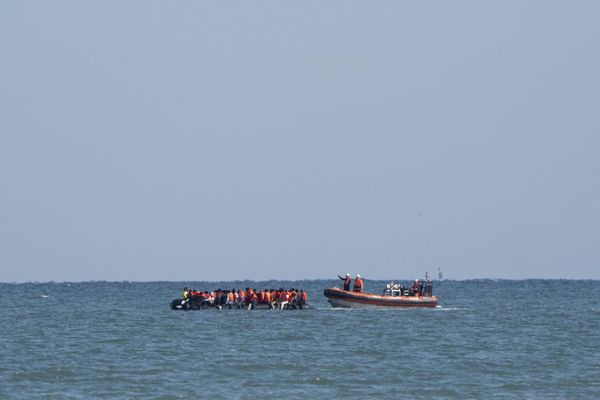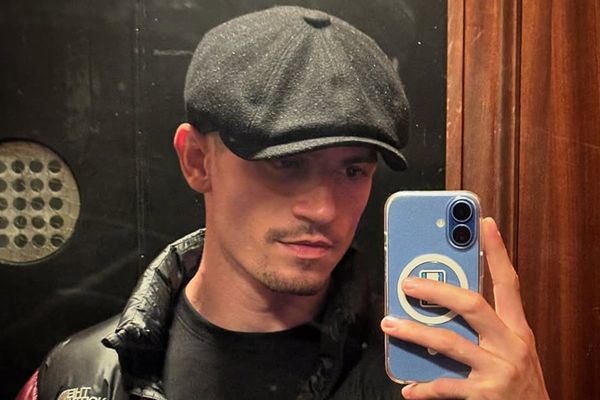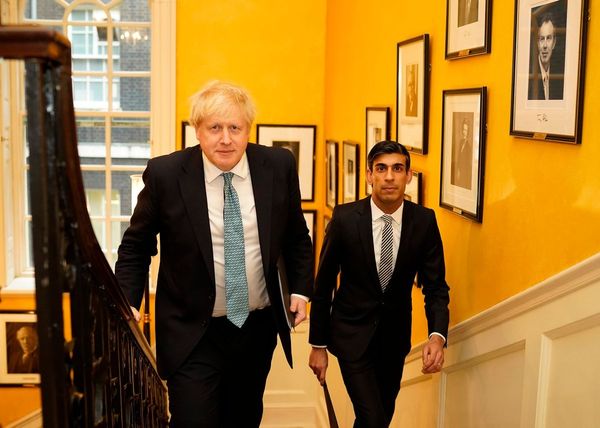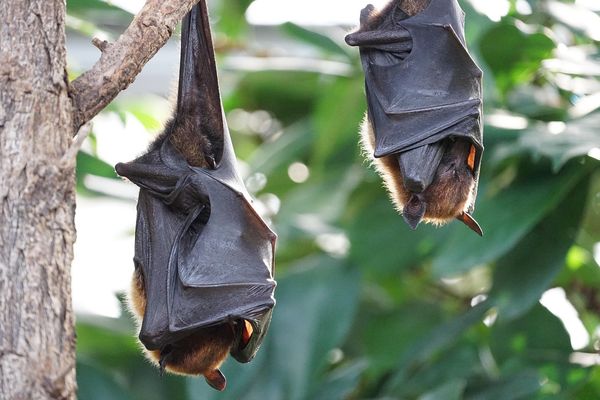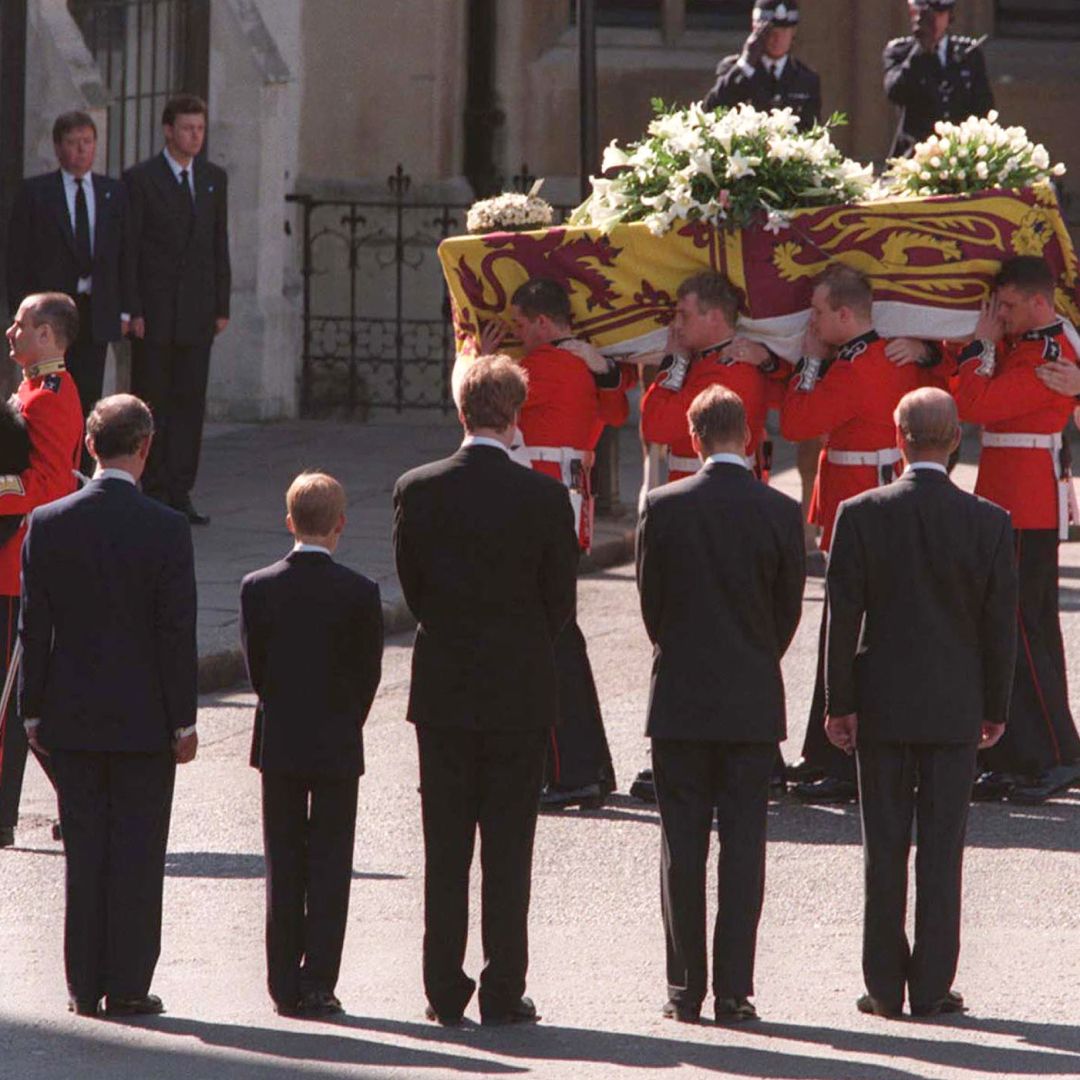
The anniversary of Princess Diana's death is approaching on August 31, and 28 years ago, one man was witness to the behind-the-scenes planning that went into her funeral. In his memoir On Duty With The Queen, royal journalist Dickie Arbiter, who previously worked as a Buckingham Palace press secretary and had known Diana for 17 years, wrote about the "surreal" days following the royal's tragic death at age 36.
Describing being woken up to a call that Diana and her boyfriend Dodi Al-Fayed had been involved in a fatal car crash in Paris, Arbiter said that despite his responsibilities, he "could hardly bear to watch" the news coverage. "I was horrified, and gripped by an overwhelming sense of loss," he wrote.
Arbiter described the early hours of the morning when palace officials realized there were no funeral plans in place for the princess, with Arbiter writing, "she was still so young that perhaps it didn't seem like a priority." However, another problem quickly presented itself. Because she was divorced from the future King Charles, Diana "was, in theory, no longer considered a member of the Royal Family," Arbiter added.
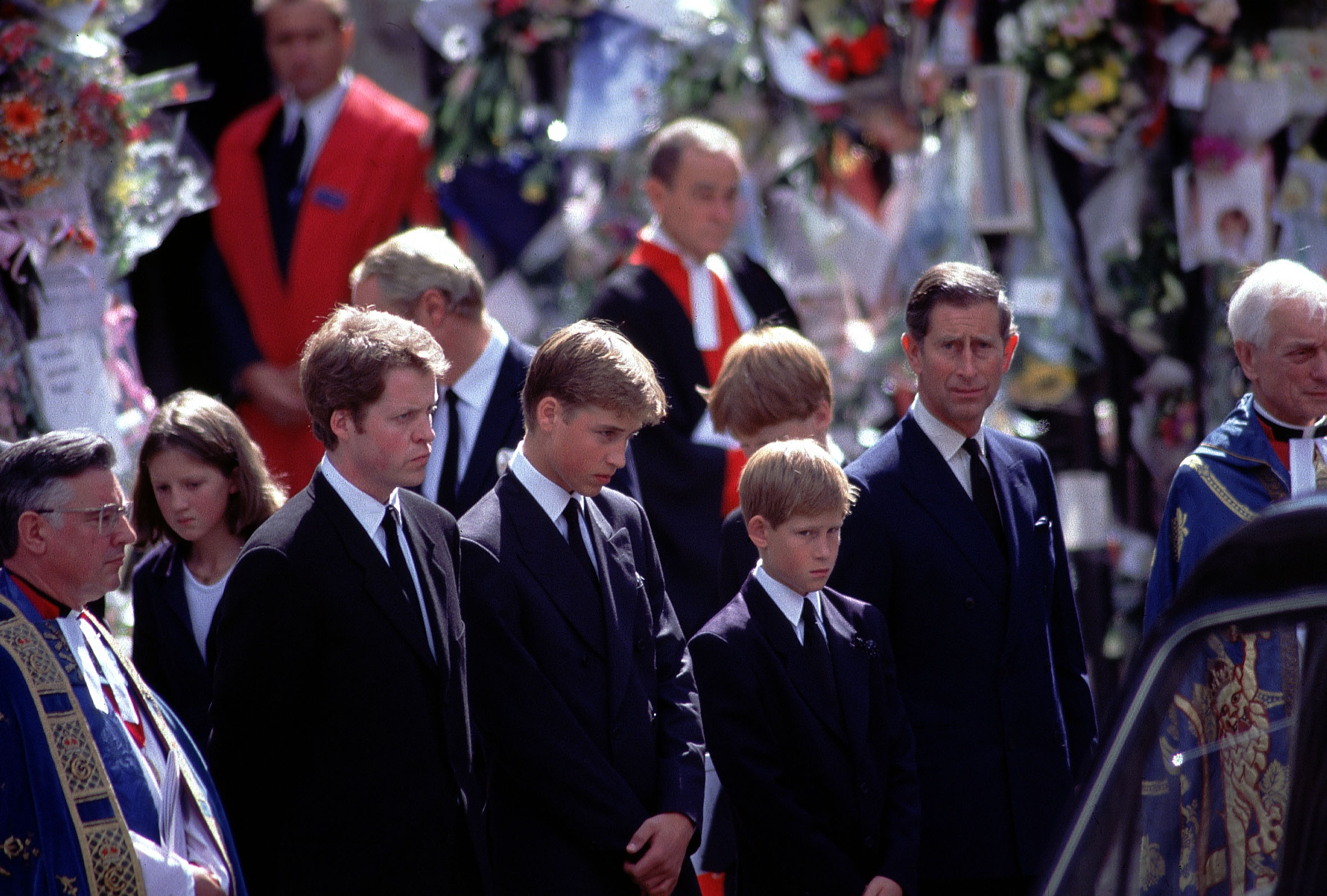
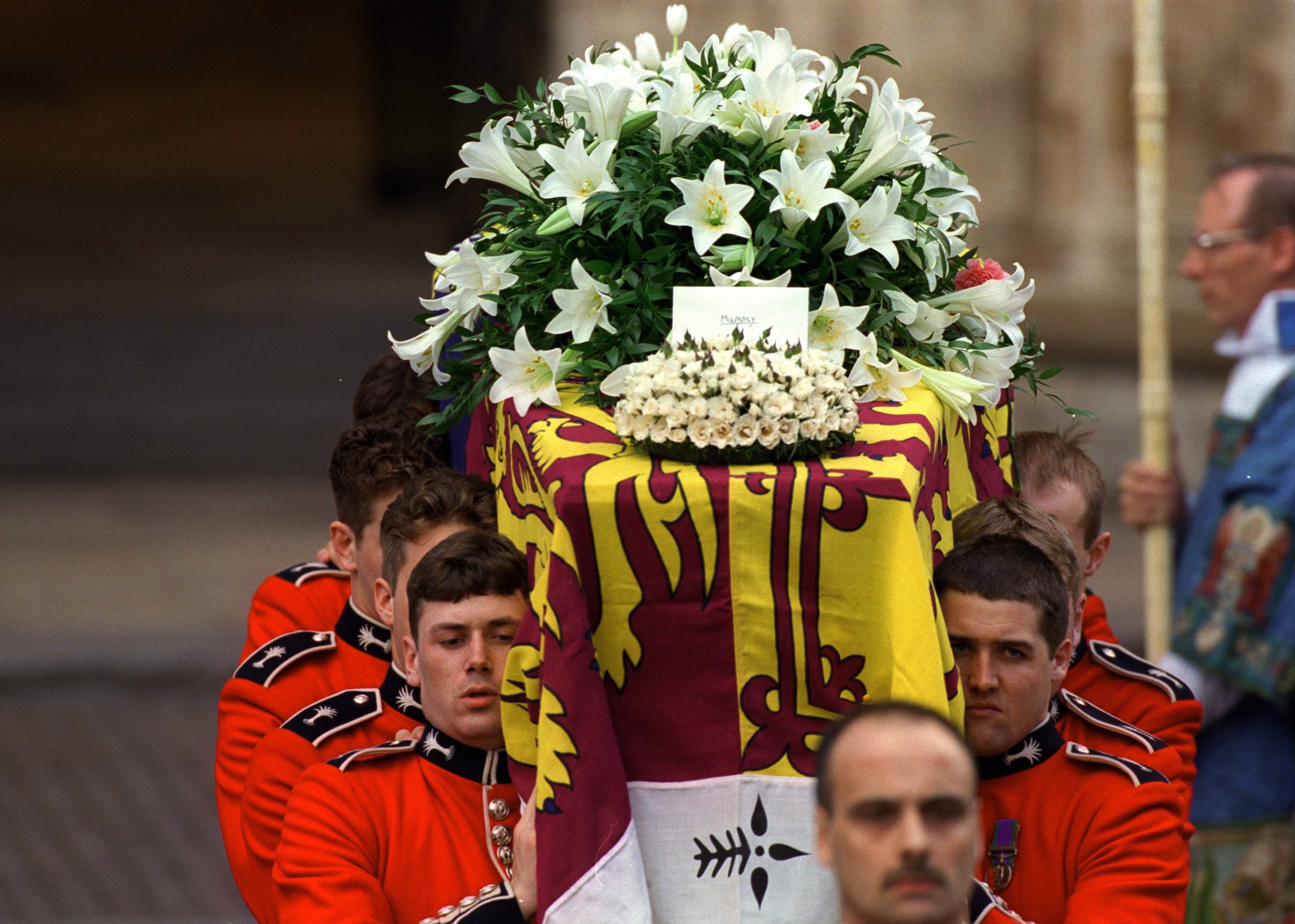
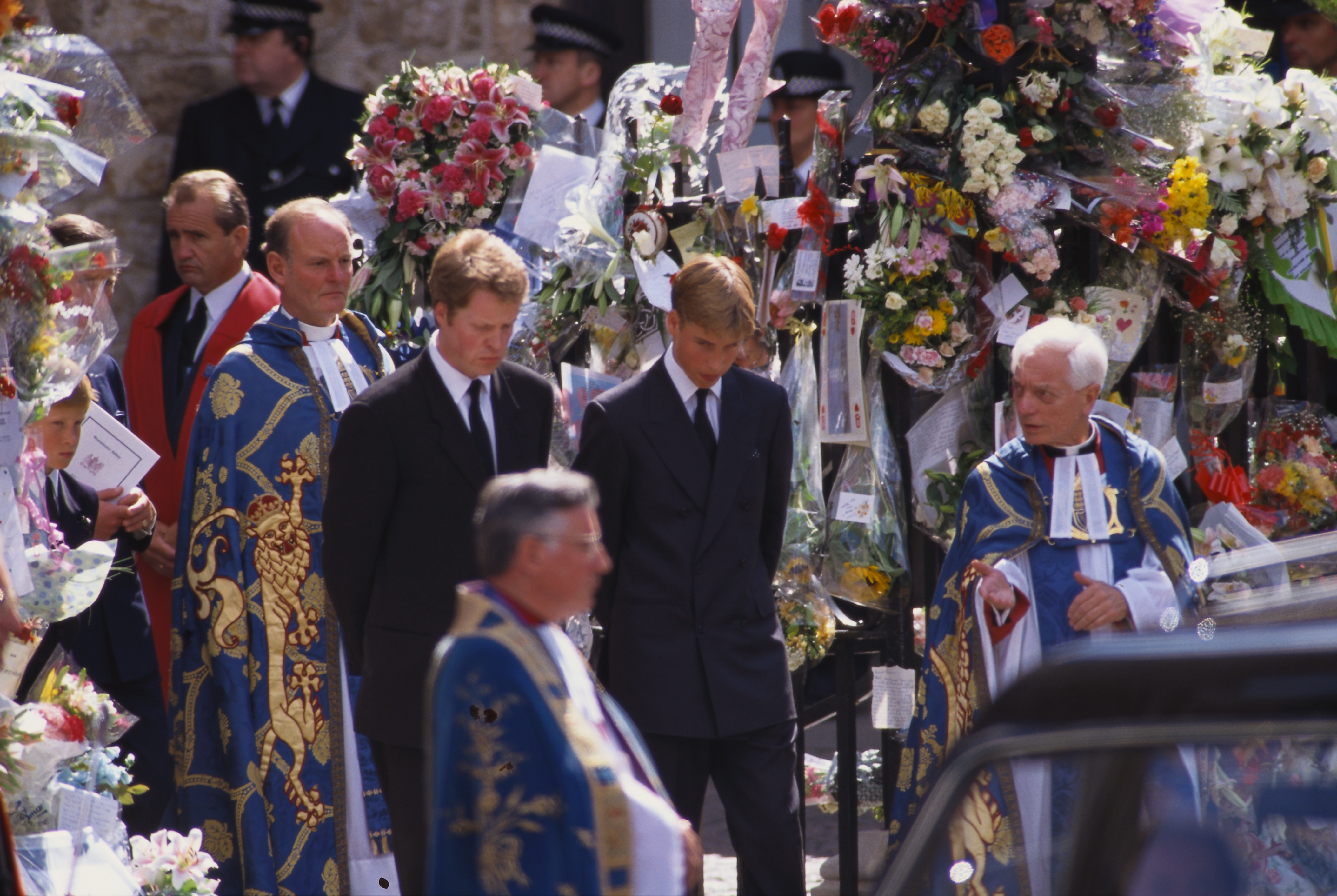
With confusion abounding, he explained that "the number one priority was deciding exactly what type of funeral Diana should have." It turns out this decision was not down to Queen Elizabeth, but to Diana's brother, Charles, Earl Spencer. Writing that because Diana was "a private citizen," Arbiter explained that she was "entitled to" a funeral "without any input from the Royal Household."
"By 10 a.m. we had a verdict from the Earl," he wrote. "Though technically not a royal matter, he had decided that as the mother of a future king, and a globally popular public figure, his sister should have a royal funeral."
Arbiter also shared his candid thoughts on Earl Spencer's "impassioned speech" at the funeral, during which Spencer condemned the press for "hunting" his sister. "She needed no royal title to generate her brand of magic," Spencer also said during the eulogy, referring to how her "HRH" title was taken away when she divorced Prince Charles in 1996.
The former palace press secretary called the "outrageous" speech a "verbal attack on both the media, and very pointedly, the Royal Family," writing that he thought the move "felt unforgivable on many fronts." Arbiter added, "It was neither the time nor the place for such action, especially given that Diana's children were present."
